For some, the time between Thanksgiving and New Year’s Day is the most wonderful time of the year. For others, having joy foisted upon us is less---joyful. But wherever you fall on the holiday joy spectrum, one thing is true---the season is unavoidable.
Given all that, why is the holiday season so important in storytelling?
It's no surprise that hope endures as a central theme. We all know telling others about hope is amazingly dull. Showing them is where it’s at.
How do storytellers show hope?
We do it by using tropes as story building blocks.
Specifically, we’re talking about reunion and redemption (and yes, we still need all the conflict, too).
With that in mind, I’m bringing you a season of short essays about holidays, hope, and tropes related to popular movies. We’re starting off with 1983’s A Christmas Story. It’s based on a series of short stories by author Jean Shepard, who also narrates the film. It’s a good one to start with because it’s unavoidable at this time of year.
First off, let’s look at a trope synopsis of A Christmas Story:
In December 1940, Ralphie lives with his family in the midwest. He wants a BB gun (macguffin) for Christmas (ticking time bomb). Unfortunately, his teacher, his mother, and even Santa (antagonists) all rebuke him with “you’ll shoot your eye out.” He enters into a quest to convince them otherwise.
Ralphie’s journey takes us through his family and school life (forced proximity) and the neighborhood kid bullying (violence). Along the way, his father wins a major award—the infamous leg lamp (macguffin). This leads to conflict between his father’s pride in the lamp versus his mother’s embarrassment of having it displayed in her front window.
Ralphie (protector) and his younger brother visit Santa at the local department store (fake relationship, hidden identity) in hopes of securing his dream gift, but Santa isn’t impressed.
The holiday frustration gets to Ralph, and he accidentally swears in front of his father. He offers up one of his best friends (mistaken identity) as the source of the language instead of his own father (family, politics). Later, his increased frustration leads to him beating up the local bully (revenge, violence, victim), which his mother downplays with his father (family, politics, secrets).
There is a major conflict when the neighbor’s dogs eat the family turkey dinner, and the family goes out to eat at the only place open on Christmas Day in 1940s Ohio---a Chinese restaurant. (fish out of water).
His father (red herring) surprises him by getting him the BB gun (redemption). When Ralphie immediately has an accident with the gun outside, his glasses break and he blames the incident on a falling icicle (secret).
When the family Christmas dinner is devoured by the neighborhood dogs, the family dines at a Chinese restaurant (fish out of water, reunion).
Tropes: antagonist, best friends, fake relationship, family, forced proximity, macguffin, mistaken identity, politics, redemption, reunion, secrets, ticking time bomb, victims, violence.
What does A Christmas Story tell us about hope?
A Christmas Story shows the tropes of redemption and reunion in detailed worldbuilding—the nuclear family in a white, middle-class midwestern neighborhood in the early 1940s. There is nothing generic about this story. It takes storytelling blocks and molds them into specific childhood scenes.
The interfamily tensions, the injustices of school life, and childhood in general are what make the movie’s heart. Everyone can relate to envy and embarrassment. What keeps us watching this movie annually is us living through Ralphie’s challenges and hoping that things will still turn out in the end.
A Christmas Story is about relationships, and that’s why it endures as a holiday classic. It’s not a perfect holiday movie; there are problematic scenes when we view it with twenty-first-century sensibilities. But it begins as a nostalgic story and resolves in the same way.
Plus, it is a great example of a quote by one of my favorite authors, American novelist Flannery O’Connor, who said that anybody who has survived his childhood has enough information about life to last him the rest of his days.




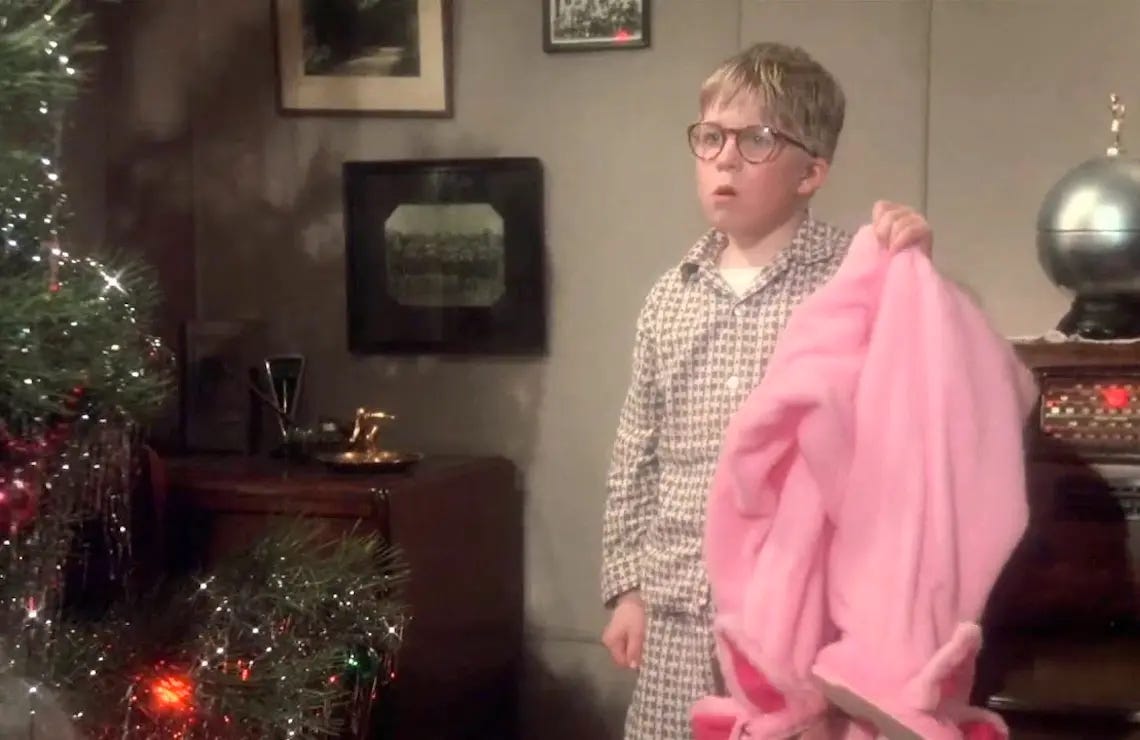
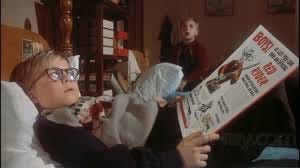
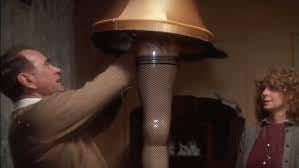
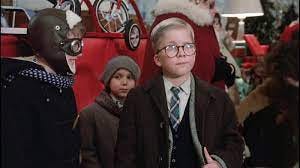
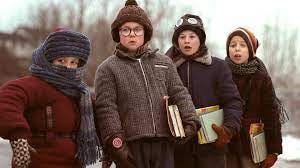
Thanks David! I'm glad you enjoyed it.
A great breakdown of this memorable film.